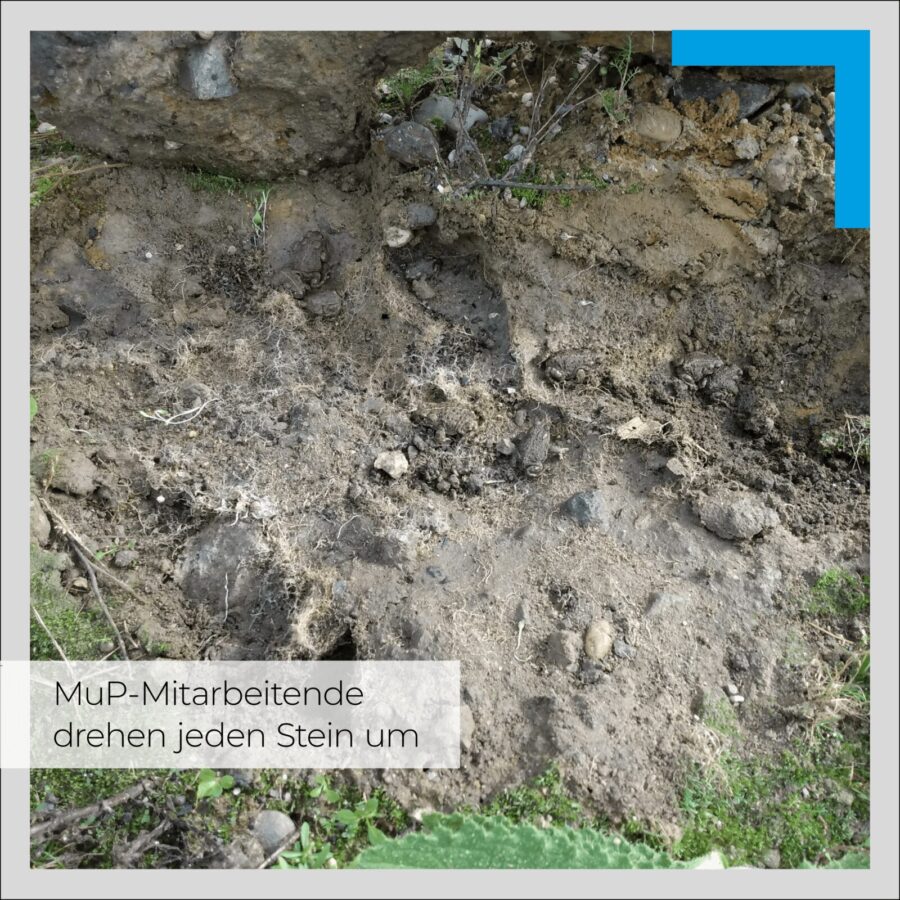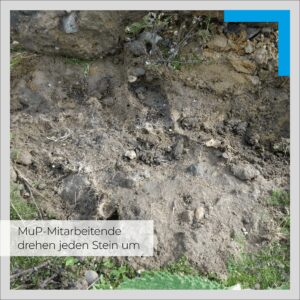WHAT-WE-DO: Environmental construction supervision (UBB) has the task of enforcing permit conditions on construction sites and ensuring that no prohibited acts are triggered according to §44 BNatschG. This paragraph prohibits:
- to pursue, catch, injure or kill animals of the specially protected species or to take their development forms from nature, to damage or destroy them,
- significantly disturb wild animals of strictly protected species and European bird species during the breeding, rearing, moulting, wintering and migration periods; significant disturbance occurs when the disturbance worsens the conservation status of the local population of a species,
- take from the wild, damage or destroy reproduction sites or resting places of wild animals of specially protected species,
- take wild plants of specially protected species or their developmental forms from the wild, damage or destroy them or their habitats
On construction sites, it is therefore necessary to regularly check whether such prohibitions can be triggered, i.e. whether strictly or specially protected animal or plant species are present.
Such situations arise especially at the beginning of construction work or during very long construction sites. Species that frequent open, stony or sandy habitats, which are typical on construction sites, occur regularly. Often these areas are also compacted, creating wet areas or temporary waterholes that are particularly attractive to amphibians, but also to some birds. This concerns e.g. bats, barn swallows, little ringed plovers, sand lizards, natterjack toads. To name just a few that we are currently dealing with.
The task of the UBB is then to detect such animals and prevent them from being killed or affected. This is done either by collecting the animals and moving them to a suitable safe place nearby, or by excluding the areas from construction activities, at least temporarily. In extreme cases, a construction stop can be imposed by the nature conservation authorities, which must be involved by UBB.
As a "preventive measure", if colonisation by certain species can be expected, "deterrence measures" are used to try to make the areas so unattractive for the species concerned that they do not settle in the first place (amphibian fence, deterrence triangles,...).
Links to sources: 44 BNatSchG - Einzelelnorm (gesetze-im-internet.de); Scaring away - Wikipedia; Environmental construction supervision - Wikipedia
#UBB, 1TP5NatureConservation, 1TP5SpeciesConservation, #mullandpartner #engineeringforabettertomorrow



